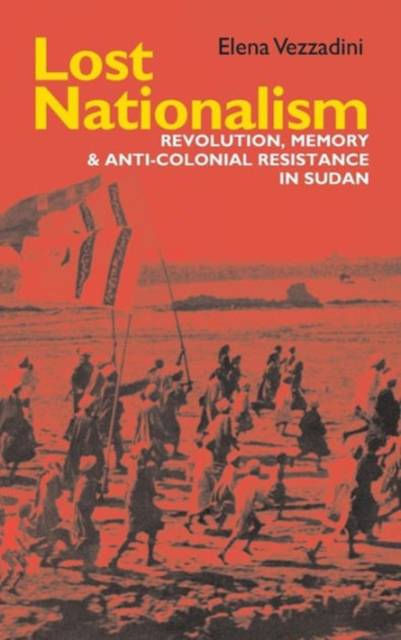
- Afhalen na 1 uur in een winkel met voorraad
- Gratis thuislevering in België vanaf € 30
- Ruim aanbod met 7 miljoen producten
- Afhalen na 1 uur in een winkel met voorraad
- Gratis thuislevering in België vanaf € 30
- Ruim aanbod met 7 miljoen producten
Zoeken
€ 209,45
+ 418 punten
Uitvoering
Omschrijving
The 1924 Revolution was a watershed in Sudanese history, the first episode of anti-colonial resistance in which a nationalist ideology was explicitly used, and part of a global wave of anti-colonial movements after the First World War that can be seen as the "spring of the colonial nations." This detailed account of the uprising, and its eventual failure, explores the cosmopolitan nationalism embraced by the White Flag League, the movement that sparked the revolution, and its ability to attract people from diverse origins, classes and professions. It examines the international genesis of the movement; the strategies put in place to spread it in different areas of Sudan and among different groups; the movement's inclusive ideology and its definition of the Sudanese nation, as well as the limitations to its inclusiveness; and the way in which this episode reveals deeper questions relating to origins, social hierarchies and power. The book also unravels the complex history of the memory of 1924, the politics of its representation and the underlying power struggles that saw 1924 largely lost from the historical record. Elena Vezzadini is a historian of modern Sudan affiliated to the Centre for Middle Eastern and Islamic Studies, University of Bergen, and Institut des Mondes Africains, Paris.
Specificaties
Betrokkenen
- Auteur(s):
- Uitgeverij:
Inhoud
- Aantal bladzijden:
- 333
- Taal:
- Engels
- Reeks:
- Reeksnummer:
- nr. 42
Eigenschappen
- Productcode (EAN):
- 9781847011152
- Verschijningsdatum:
- 17/09/2015
- Uitvoering:
- Hardcover
- Formaat:
- Genaaid
- Afmetingen:
- 156 mm x 234 mm
- Gewicht:
- 644 g

Alleen bij Standaard Boekhandel
+ 418 punten op je klantenkaart van Standaard Boekhandel
Beoordelingen
We publiceren alleen reviews die voldoen aan de voorwaarden voor reviews. Bekijk onze voorwaarden voor reviews.







